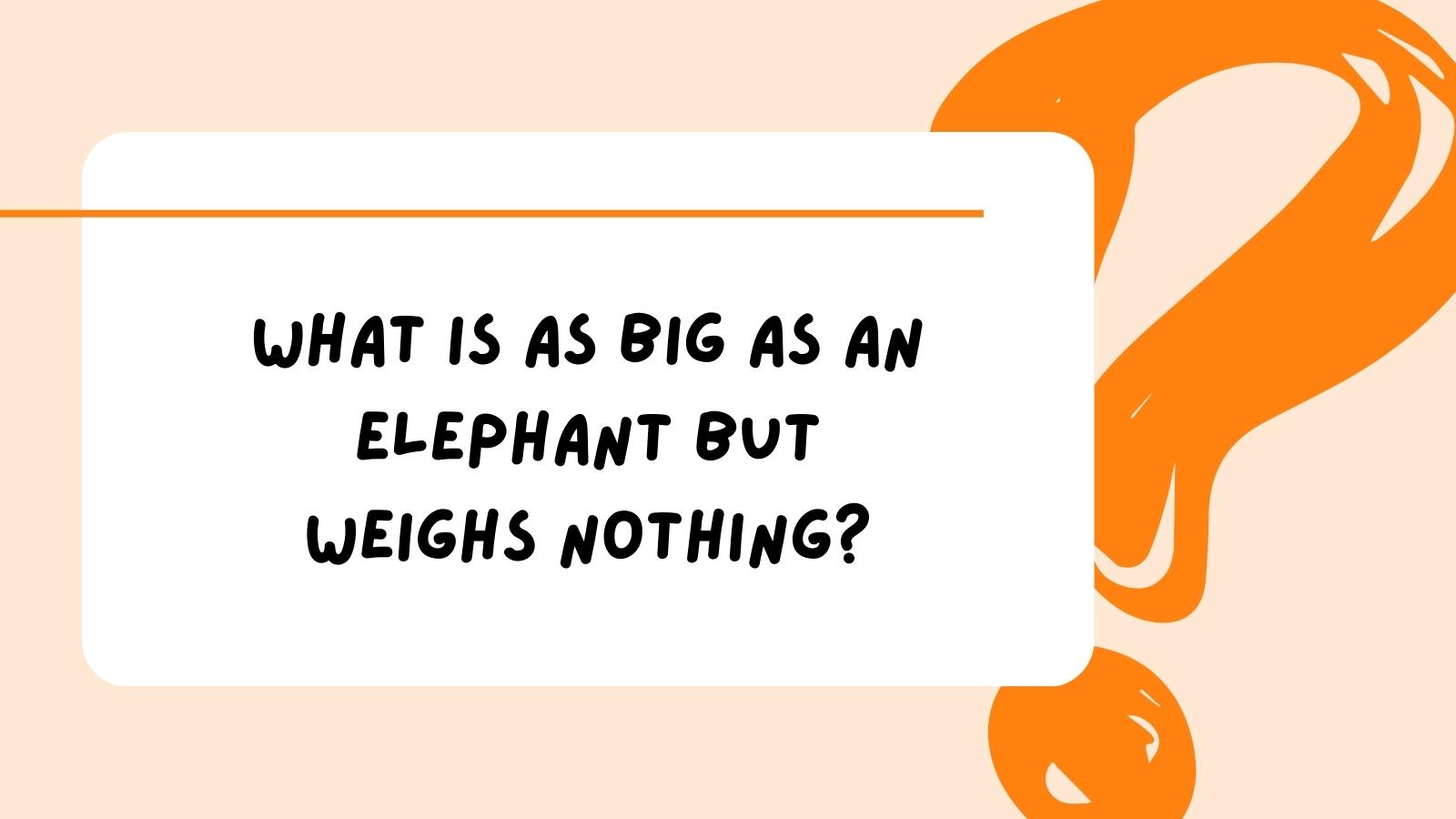Riddles: Unlocking the Mysteries of the Mind


Imagine yourself being transported to the world of ancient mythologies, where the wisest scholars and cleverest tricksters gather to engage in a battle of wits. These intellectual showdowns are known as riddles, mysterious puzzles that challenge the sharpest minds to think outside the box and search deep within their cognitive prowess to find the answers.
Riddles have been an integral part of human culture for centuries, transcending borders and generations. From the riddle of the Sphinx in Greek mythology to the enigmas spoken by the Cheshire Cat in Lewis Carroll’s “Alice’s Adventures in Wonderland,” riddles have captivated the minds of both young and old. They have been passed down through folklore, storytelling, and even poetry, providing a mental exercise for the masses.
So, what exactly is a riddle? At its core, a riddle is a question or statement that is intentionally worded in a clever or puzzling manner, designed to elicit thought and challenge one’s intellect. They often contain metaphors or similes that require individuals to think deeply and analyze the hidden meanings behind the words. The art of creating riddles lies in the ability to craft thought-provoking puzzles that require a unique perspective and a dash of imagination to arrive at the answer.
Riddles serve various purposes in society. They have been used for entertainment, as icebreakers, and even as educational tools. Riddles encourage critical thinking, problem-solving, and lateral thinking. They promote creativity and inspire individuals to look beyond the obvious, inviting them to explore multiple possibilities before discovering the correct solution. Solving a riddle not only brings a sense of accomplishment but also exercises the brain and enhances our cognitive abilities.
Riddles transcend boundaries, as they emerge across different cultures and languages. Each society has its own set of riddles that reflect the values, beliefs, and traditions of its people. Riddles provide a glimpse into the psyche of a community, revealing its collective wisdom and humor. They can range from the straightforward and logical to the cunning and ambiguous, challenging individuals from all walks of life.
Riddles also play a significant role in literature. Writers utilize them to create intrigue, add depth to their narratives, and engage readers in an interactive manner. Riddles act as catalysts, propelling the story forward and allowing readers to actively participate in the unraveling of the plot. They provoke curiosity, stimulating the reader’s imagination and heightening their enjoyment of the story.
The impact of riddles on our minds is undeniably remarkable. They instill a sense of wonder, curiosity, and intellectual growth. They encourage us to approach problems from different angles, expanding our cognitive horizons and fostering a mindset of lifelong learning. Riddles are akin to mental exercises that keep our brains sharp, agile, and adaptable.
In a world where technological advancements and instant answers prevail, riddles remind us of the importance of independent thinking and the beauty of the quest for knowledge. They invite us to slow down, ponder, and engage with the mysteries of the mind. So, the next time you encounter a riddle, sharpen your wits, embrace the enigma, and embark on a journey to unlock the hidden treasures of your intellect.
Let’s answer this question. What is as big as an elephant but weighs nothing? The answer is SHADOW
